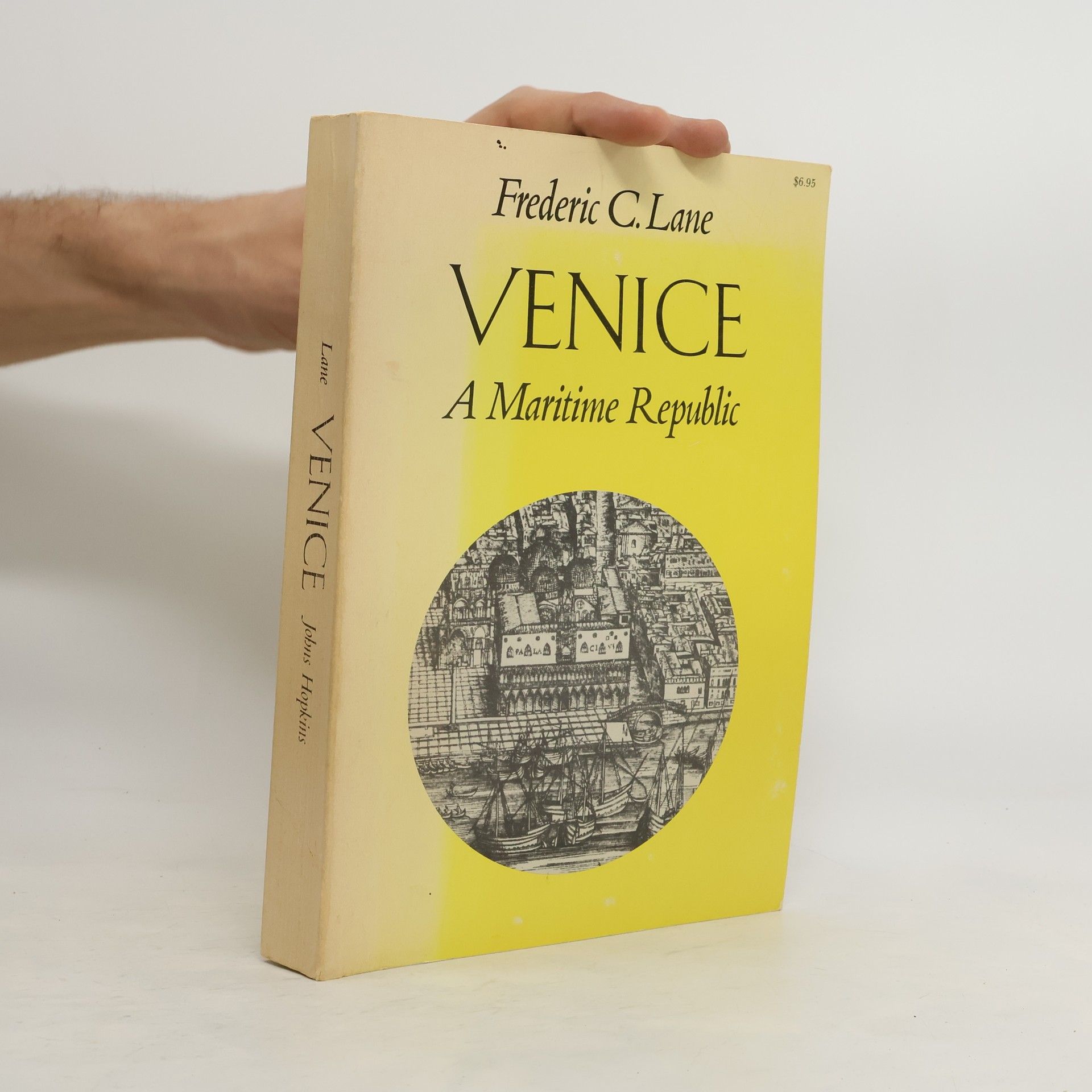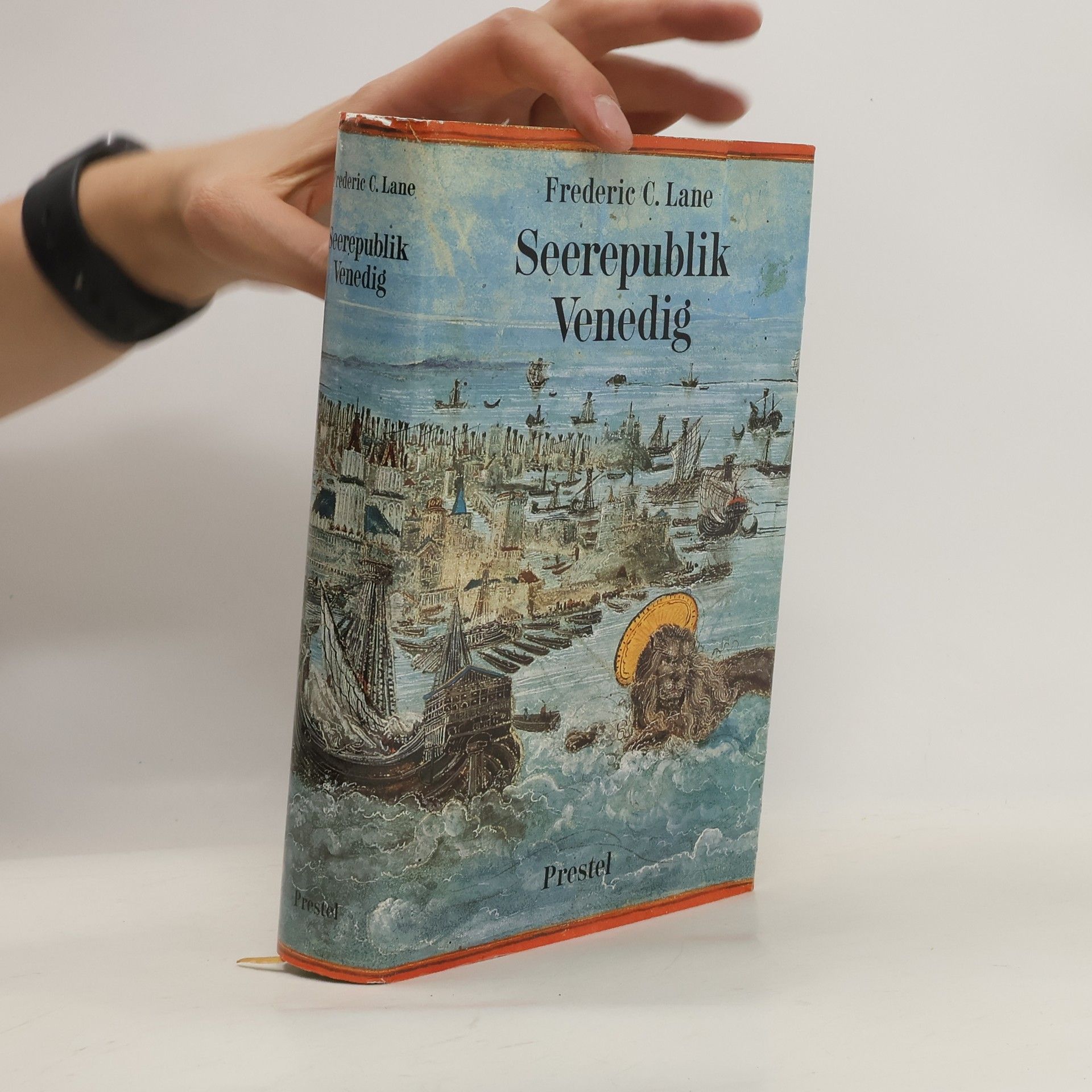Seerepublik Venedig
- 743 Seiten
- 27 Lesestunden
Frederic Chapin Lane war ein Historiker, der sich auf die mittelalterliche Geschichte mit besonderem Schwerpunkt auf die italienische Stadt und Region Venedig spezialisierte. Seine Arbeit untersuchte Venedig als maritimes Handelszentrum, und seine Wirtschaftsgeschichte half, einen Standard für die Untersuchung der Entwicklung und des Wachstums anderer italienischer Stadtstaaten zu etablieren. Lane wandte seine Fähigkeiten und Interessen an der Wirtschafts- und Seefahrtsgeschichte an, um die Geschichte des amerikanischen Kriegsschiffbaus während des Zweiten Weltkriegs zu schreiben. Seine Forschung trug dazu bei, einen Standard für die Untersuchung der Entwicklung und des Wachstums anderer italienischer Stadtstaaten zu setzen.




A Maritime Republic
Combining engrossing detail and magisterial overview, Venice, A Maritime Republic traces the history of Venice from its origins in the sixth century through its rise and decline as the first modern empire of Europe. "Among the many cities men have made," Frederic C. Lane writes, "Venice stands out as a symbol of beauty, of wise government, and of communally controlled capitalism." Drawing on a lifetime of study and reflection, the author shows how that resplendent city came to have the institutions, the buildings, and the pattern of urban life that make it unique.
The narrative delves into the life and work of Lane, a prominent scholar in medieval Venetian history. It explores his extensive research contributions and the significance of Venice during the Middle Ages, highlighting the city's political, economic, and cultural dynamics. The book also examines Lane's methodologies and the impact of his findings on contemporary understandings of Venetian society, making it a vital resource for anyone interested in historical scholarship and the intricate tapestry of Venetian heritage.
Une république maritime